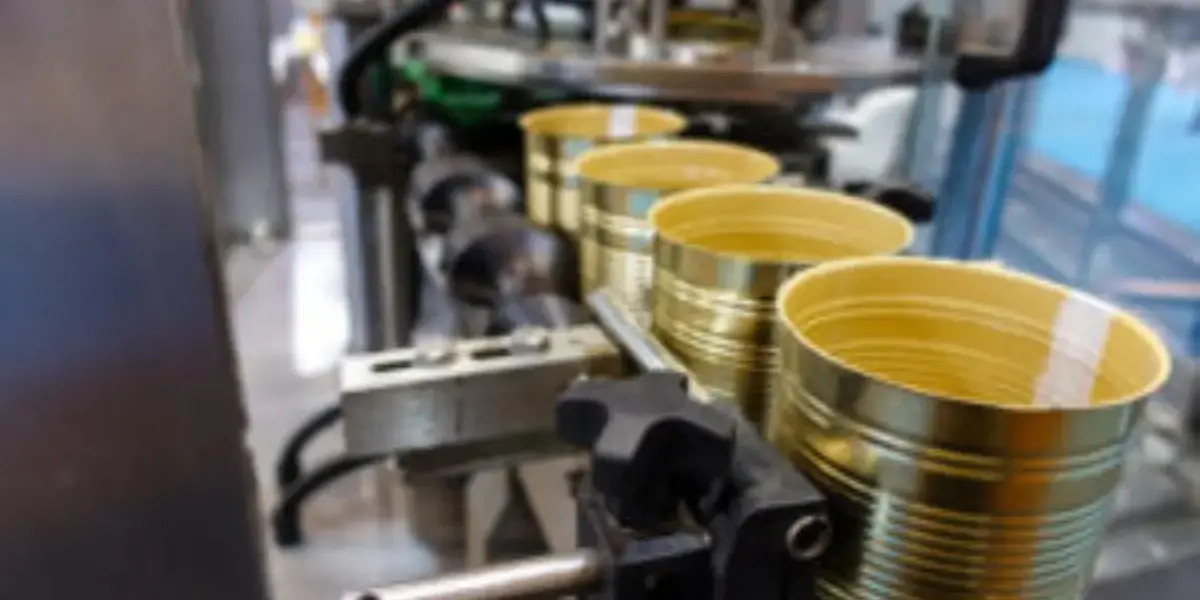During the height of PLC5 adoption in the 90’s, this version of the programmable logic controller was a state of the art control system. PLC5 was programmable, flexible and, most importantly, reliable. But, now it is becoming obsolete. Over the last two decades, new solutions have become more affordable, more capable and just as reliable as PLC5. Controllers, such as ControlLogix (CLX), are easy to include in new manufacturing facilities, but the cost and risk of downtime in older facilities may have prevented plant managers from making a complete line upgrade. Here are a few reasons causing plant managers to reconsider letting go of their older, legacy PLC5 controllers:
- Learning Curve - Modern controls reduce diagnostic time with simplified reporting, standard programming (with a facility-wide conversion) and more connectivity. A new technician should have the ability to diagnose a problem efficiently from a control room, repair the problem with affordable, available parts and get the line re-started in minutes instead of hours.
- Cost of Maintenance - Besides the cost of the downtime and training, the cost of replacement parts also becomes prohibitive. Since the industry is moving forward with new technologies, old technologies become more scarce and expensive, if available at all. Having backup parts available on-site isn’t just expensive, sometimes its just not possible.
- Improved Efficiency - The downtime and cost of replacement parts will eventually force a manufacturing line to upgrade to a new control system, but for those with squeezed margins and competitors with new facilities, they cannot afford to fall behind. New technologies give manufacturing facilities capabilities they did not have with PLC5. On an EtherNet/IP network, every servo, control and drive can be remotely monitored and managed. Upgrades and line changes can be scheduled with minimal downtime. Safety systems can be programmed to reduce the effect of downtime and integrated to provide the reporting necessary for OSHA. The list goes on, but it all leads to the same result: improved efficiency.
If you are ready to upgrade your facility from PLC5 controllers due to downtime, costs and the obsolescence of the technology, you need to find the right vendor for your conversion. Technology transfer vendors often use similar technology solutions, so the key differences between vendors is in the process itself. Planning, training and implementing new manufacturing solutions in a way that minimizes downtime and maximizes efficiency is what separates us from our competition. Our clients, large global beverage manufacturer and a personal care product manufacturer relied on us for their Rockwell Automation conversion process. Here’s why:
- Planning - As engineers, we pride ourselves on accurate planning and project management. After assessing the risks and addressing each concern, we implement the solutions outside of the facility by emulating live manufacturing conditions. The emulation allows us to completely configure and test the system before installing anything on the line. When the time comes to implement the technology in a manufacturing facility, we know everything will work from the moment it’s installed.
- Training - Technology solutions can only be as effective as the operators who manage them. Our classroom assessment and instruction is kept at basic level to ensure operability. Instructors and engineers both have a hand in getting small classes up to speed with the new layout. We can train employees to become instructors for new hires and we always provide a user-friendly, graphic-rich manual to make knowledge transfer as easy as possible.
- Cost Effectiveness - As the industry moves beyond PLC5, there is increased risk in using the legacy controllers and less risk in upgrading to new controllers like ControlLogix (CLx). New controllers are more capable and reliable than their predecessors. These technologies provide features that boost productivity and decrease downtime, so the biggest risk lies in the conversion itself.
You can learn more about eliminating automation technology risks, but if you've been holding off on an update to your line due to the risks involved, let us come in and review your risks one-by-one. We are the only Rockwell Automation Solutions Partner based in Georgia.


.png)
